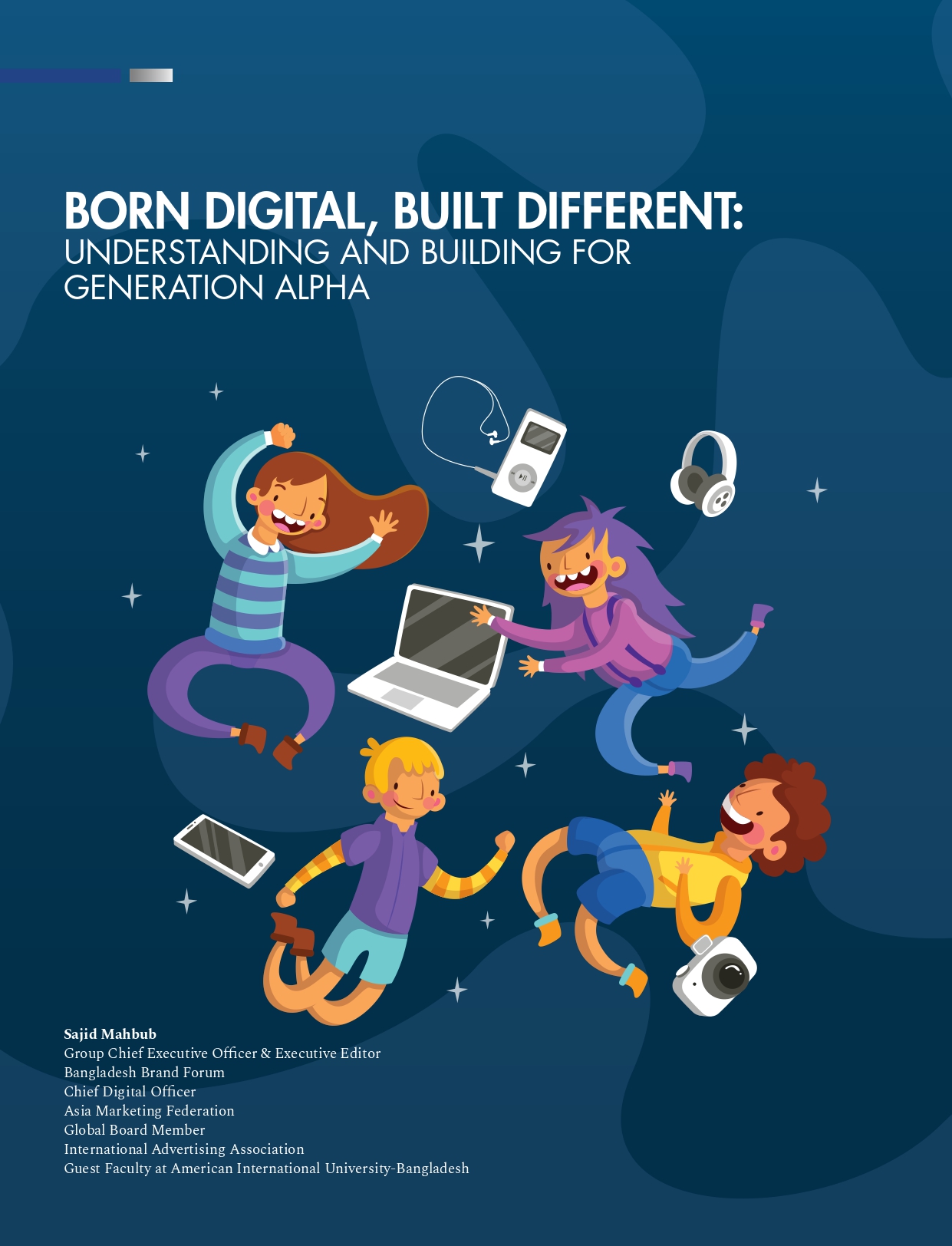There are many regulations and laws governing the consumption of diet and food, especially animal products in relation to religion. Islam is associated with halal. Indonesia, as the largest consumer of halal products, reached a total consumption of halal products in 2019 worth US $144 billion (Global Islamic Economic Report, 2020). Indonesia ranks in the top 10 countries in several sectors. Indonesian Law No. 33 of 2014 (UU, 2014) addresses “halal product guarantees” with the aim of protecting the Muslim community and providing legal certainty regarding halal certificates as proof of a product’s compliance (Law, 2014). However, not all products circulating in Indonesia are guaranteed to meet these standards, especially imported food. Often, the information on product packaging does not clearly indicate whether the product is halal or prohibited. With the development of technology, instant food products have been created and produced. Various types of instant food products, both domestic and imported, including instant noodles, are available in Indonesia. Despite not being a part of Indonesia’s culinary culture, instant noodles have become a popular food choice, especially among young people (Top Brand Awards, 2020). In 2020, instant noodle consumption in Indonesia reached 14.260 million servings, marking a 7.46% increase from 2019. This makes Indonesia the second-largest consumer of instant noodles after China (World Instant Noodles Association, 2022).


